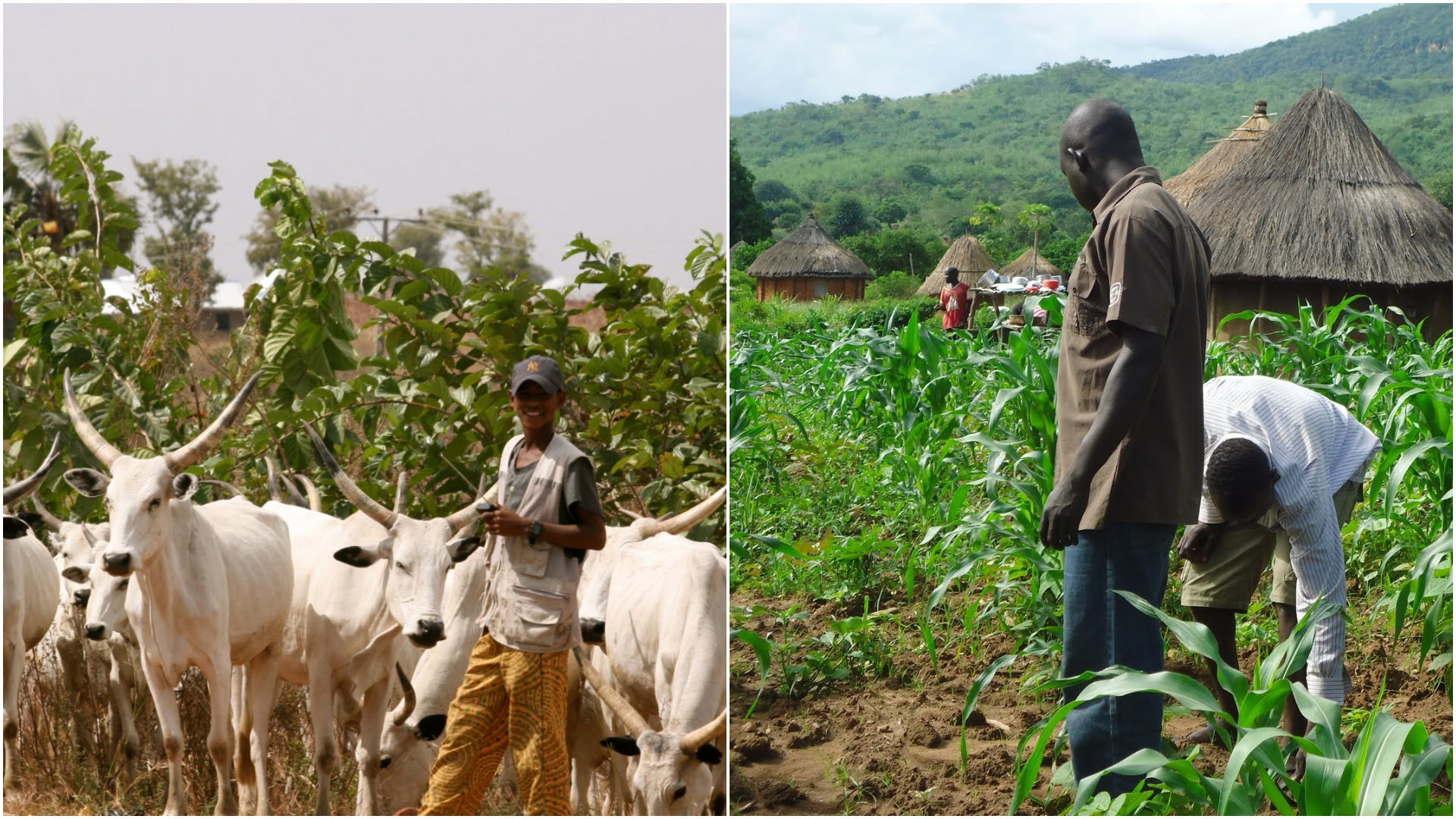FrieslandCampina WAMCO Nigeria PLC has given an insight into how the firm has drastically brought down the incidents of farmers-herders’ clashes in Oyo communities and other states in Nigeria through its dairy development programme which has encouraged herdsmen to ranch their cows and directly supply milk to the company at stipulated fees.
With its expanding production capacity and the need for raw milk to meet the demands, the dairy company has invested in local dairy development through the empowerment of local dairy farmers who supply part of the raw milk used for production.
In addition to reinvesting back into the country, supporting the government’s local content initiative and empowering the locals, the diary development initiative is proving to be a veritable means of tackling the perennial problem of farmers-herders’ confrontation through the encouragement of ranching among the farmers.
Friesland Campina had set up Milk Collection Centres/points across four states starting with Oyo, South-West Nigeria in 2010 where it has five milk collection centres (MCC). It also has one in Kwara, in Abuja and in Edo.
The five centres in Oyo have a combined capacity to warehouse 12,000 litres of milk per day while all the collection centres have 42,000 litre capacity per day.
During a field trip to some of the villages in Oyo State, it was revealed that thousands of dairy farmers have been empowered through the initiative by providing them with the needed capacity to ranch their cows.
The villages visited included Iseyin; Maya and Fashola all in Iseyin Local Government Area of Oyo State where the company has its milk collection centre and point.
The firm partnered with the local dairy farmers, provided them with the requisite empowerment and support to practice ranching described as the most sustainable away of tending to the cows instead of moving from Point A to Point B in search of the necessary pastures for the cows, thereby reducing confrontation with crop farmers in various communities.
Even as the World Milk Day was being celebrated, the farmers believe the company through the dairy development project has taken a bold step to guarantee adequate raw milk supply and reduce waste of quality milk.
A milk collection manager, Balogun Kayode who addressed journalists at one of the centres in Maya disclosed that over 12,000 farmers have been trained across the country on modern method of milking which has proved to have the potential to give them value for their money in addition to providing them infrastructures needed for sustainable livelihood.
He said, “We are telling them (farmers) how they can ranch the animals. They don’t need to graze from point A to Point B before you get to feed your animals.
“So with this ranching, they would be able to have their cows and provide the pastures in a particular area. We want them to see that dairy is doable without grazing the animals.
“They go as far as Ghana, Benin Republic to search for food and water and that is why the milk volume is not constant.
“So we are trying to support them in terms of giving them pastures. They can plan their pastures and they have their animals at the back of their house and they feed their animals. This is part of the support we give to them to make it sustainable.
We are trying to bring in more smallholders into the business because we have seen the future. The Fulani people that have embraced this, we have people who are ready to keep cows for them to be inseminated and at the same time trying to have a kind of pasture and ranch the animal. They see it as a good way of doing dairy business. Part of why we have these farms is to tell them and train them that it is possible, it is doable. If you really mean it, keep milking.
“We also support them with solar-powered boreholes. We have done over 50 solar-powered boreholes within Oyo just for them to improve their quality.”
Also visited was Genius Dairy Farms Limited where the manager, Moyosore Olatunde Rafiu, is carrying out cross-breeding of high-yield Girolando with capacity to produce up to 10 litres of milk.
“We are also trying to see how we can manage this conflict between the farmers and herders. We are trying to see how we bring peace between the farmers and herders. So if you have 10 cows, with that you can have 100 litres of milk at your disposal.
“We presently have 30 Girolando cows that have passed through artificial insemination in Nigeria. These cows are the future of dairy in Nigeria and we are still trying to do more.
“When these cows grow up and they start having high yield, instead of the one litre we are having from our cow, we will be having like 10 litres.
“We are not there yet but with all these empowerment programmes and our support, definitely we would be there.”

 Join Daily Trust WhatsApp Community For Quick Access To News and Happenings Around You.
Join Daily Trust WhatsApp Community For Quick Access To News and Happenings Around You.


